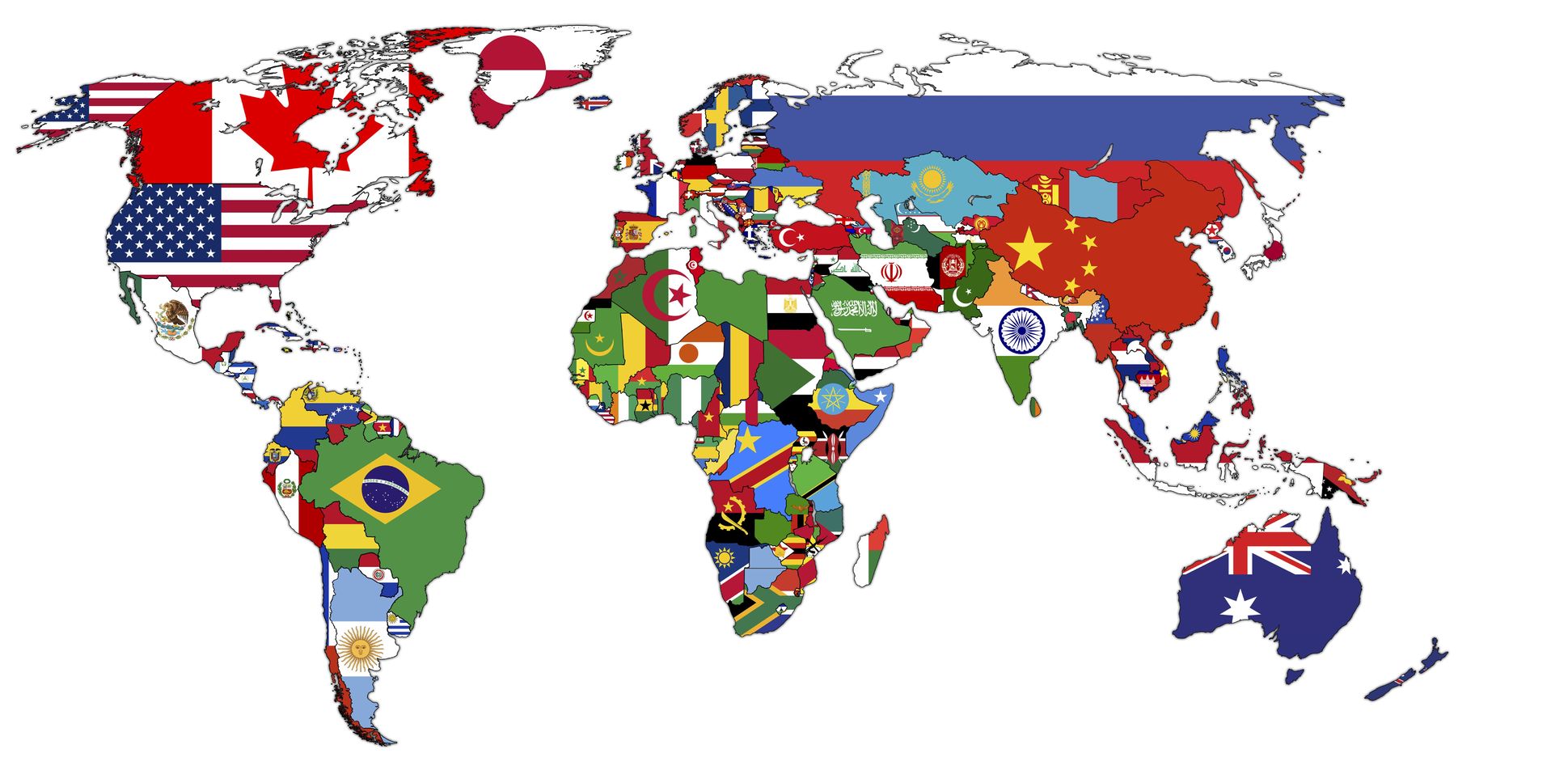English Basque translations

We are experts in English - Basque translation
If you are visiting the website of our translation company, it is because you are looking for the best translator or team of translators for English - Basque or for any other language combination.
We have 11 translators in the English - Basque combination. They all have over 5 years’ experience and are native Basque speakers and professionals in the language.
Translations into Basque are in increasing demand by national and international companies and by private clients. To ensure our clients are fully satisfied with our services, we have managed to keep prices down without affecting the quality, because we work without intermediaries.
We offer everything from simple translations to complex translation projects from English - Basque. Count on our professionalism when choosing a translation agency, because the first impression is what counts!
Cosmolingo offers an instant, no-obligation quote for your English - Basque translations.
The Basque language
Basque is one of those cases that baffles linguists, since it does not belong to any of the great European families, is completely isolated and its origins are rather unclear. Although various theories have been proposed, inevitably subject to political interests, they have so far all been discredited. The historical evolution of Basque is also rather unclear due to the close contact it has maintained with other languages, especially of Romance origin, and the influence of the latter, which can be seen in numerous loanwords. Therefore, scholars tend to seek the essence of Basque in more isolated geographic cores.
As for the most salient features of Basque, among other peculiarities, we must note that it is an agglutinative language, meaning that words are formed by joining independent morphemes (minimum meaningful units). It also has an ergative case which is not found in any Indo-European language.
The consideration of the language has undergone several changes throughout history, from the institution of the Royal Academy of the Basque Language to the bilingual schools in the early 20th century, the post-war repression and the rise of Basque as a vehicle for artistic expression during the 60’s to the recognition of Basque as an official language of the Basque Country, along with Castilian, in the 1978 constitution. Since then, up to the present day, a number of reforms have been made tending towards the unification of the various dialects, the modernization of the lexicon and the introduction of Basque in education, culture, the media, administration and business. Although it is currently estimated to have approximately one million speakers in the Basque Country, Navarra and the French Basque Country, it was not so long ago that the UNESCO declared it to be in danger of extinction.

